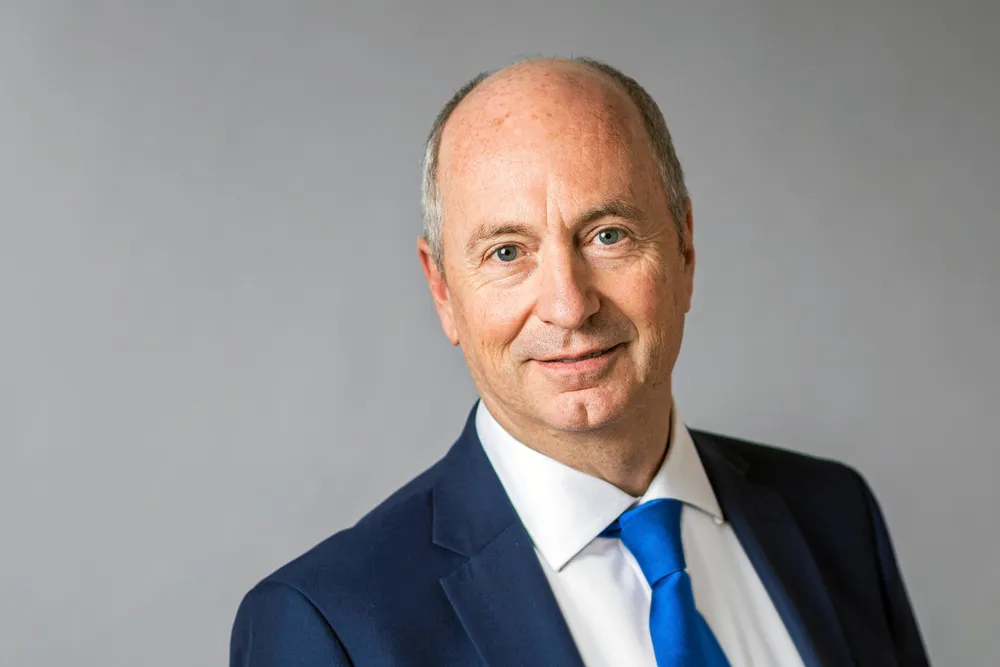Clarion call: Galp chief urges oil companies to boost renewables investment, highlights supply-chain woes
“We have fundamentally underinvested in renewables,” Galp Energia chief Andy Brown told a Rio Oil & Gas 2022 audience

“We have fundamentally underinvested in renewables,” Galp Energia chief Andy Brown told a Rio Oil & Gas 2022 audience
